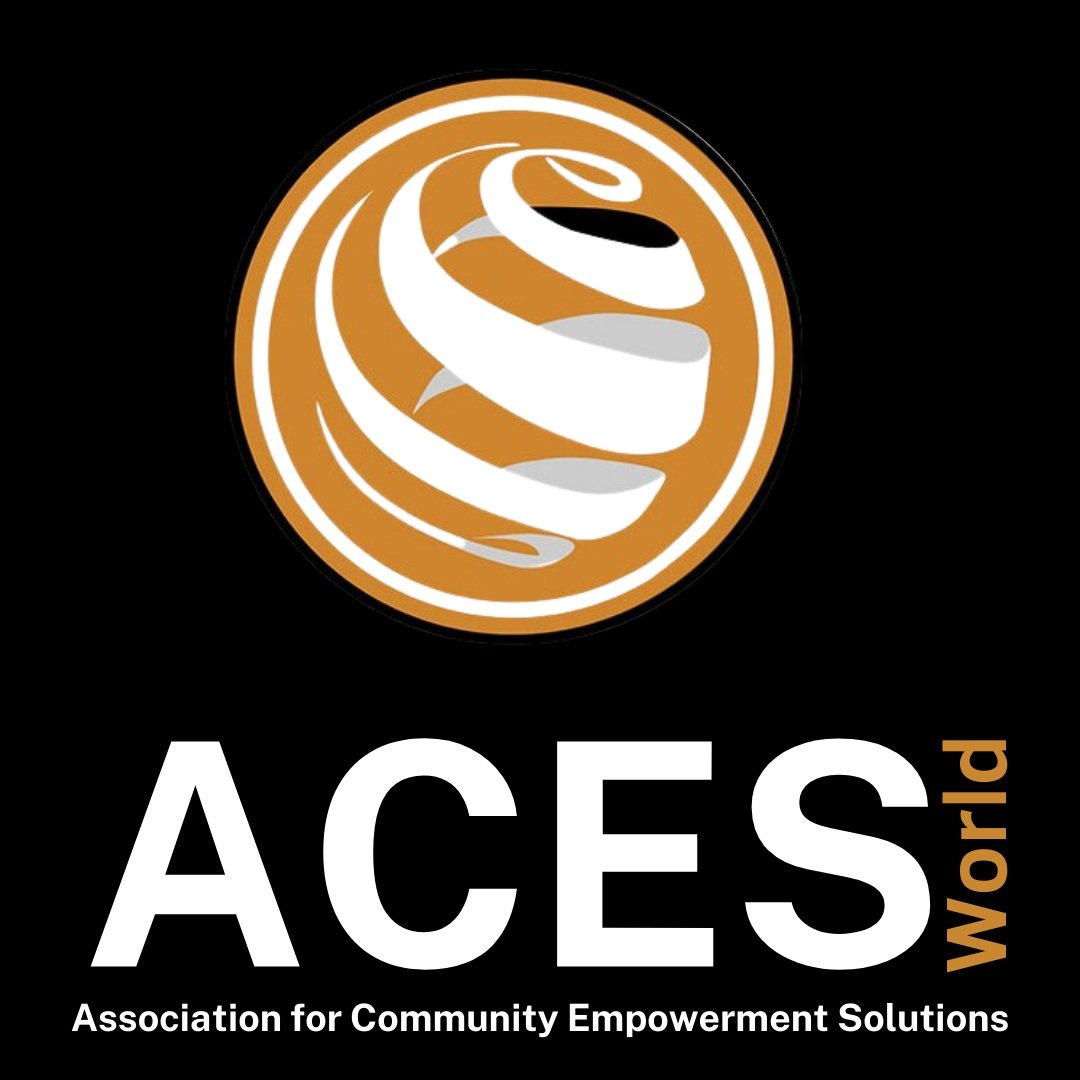Mini-Evaluation Report: asamang, ghana (sessions 1-5)
Abstract: The ASK4Girls Club sessions 1-5 in Asamang provided reproductive health education that helped participants manage their menstrual cycles without shame. The girls learned of their human rights and the discrimination within their communities, while also being taught how to make reusable sanitary pads and menstrual bracelets to track their menstrual cycles. They received information about STDs and the other risks associated with sexual activity with sugar daddies, like teenage pregnancy and school dropout. Girls left the five sessions of the ASK4Girls Club knowing more about their bodies, rights, sexual coercion, and importantly, their right to say no to sex.
Brief Overview of the sessions
The ASK4Girls Club in DA Basic School in Asamang, Ghana (Nov 2021 - June 2022)
Session 1: body changes, reproductive health education, and menstrual hygiene management
Many taboos associated with menstruation limit the lives of adolescent girls, preventing them from doing what they want to do, and missing school
The workshop helped girls no longer feel ashamed when discussing menstruation
Girls made menstrual bracelets to track their menstrual cycle and manage their periods with dignity
Session 2: sexual, reproductive, and human rights & power, privilege, and equality
Girls learned what human rights are and how power privileges, discrimination, and oppression exists in their communities
Girls made pouches to help them store their sanitary pads and take them to school
Session 3: Sugar Daddy Awareness-Sexually Transmitted Infections
Girls understood the concept of unwanted attention and its consequences, such as the relation between sex with older men and risk of HIV infection, teenage pregnancy, and school dropout
Pad sewing: girls began to make reusable menstrual pads
Session 4: Assertive Communication – The Continuum between Sexual Choice and Coercion
Girls practiced assertive communication, including how to say no to sex
Girls understood the difference and continuum between sexual choice and coercion, understanding their right to say no
Girls continued pad-making; most girls are using their menstrual bracelets to track their periods
Session 5: Deciding Whether to Have Sex – What I’m Looking For – Environmental Knowledge and Awareness
Girls explored the themes of deciding whether to have sex, all the things to consider and the need for a safe and comfortable sexual relationship; abstinence is the best way to avoid STDs and unwanted pregnancies
Environmental knowledge and awareness
Girls learned about moringa sticks: planting, care, and uses
View the full report here.
